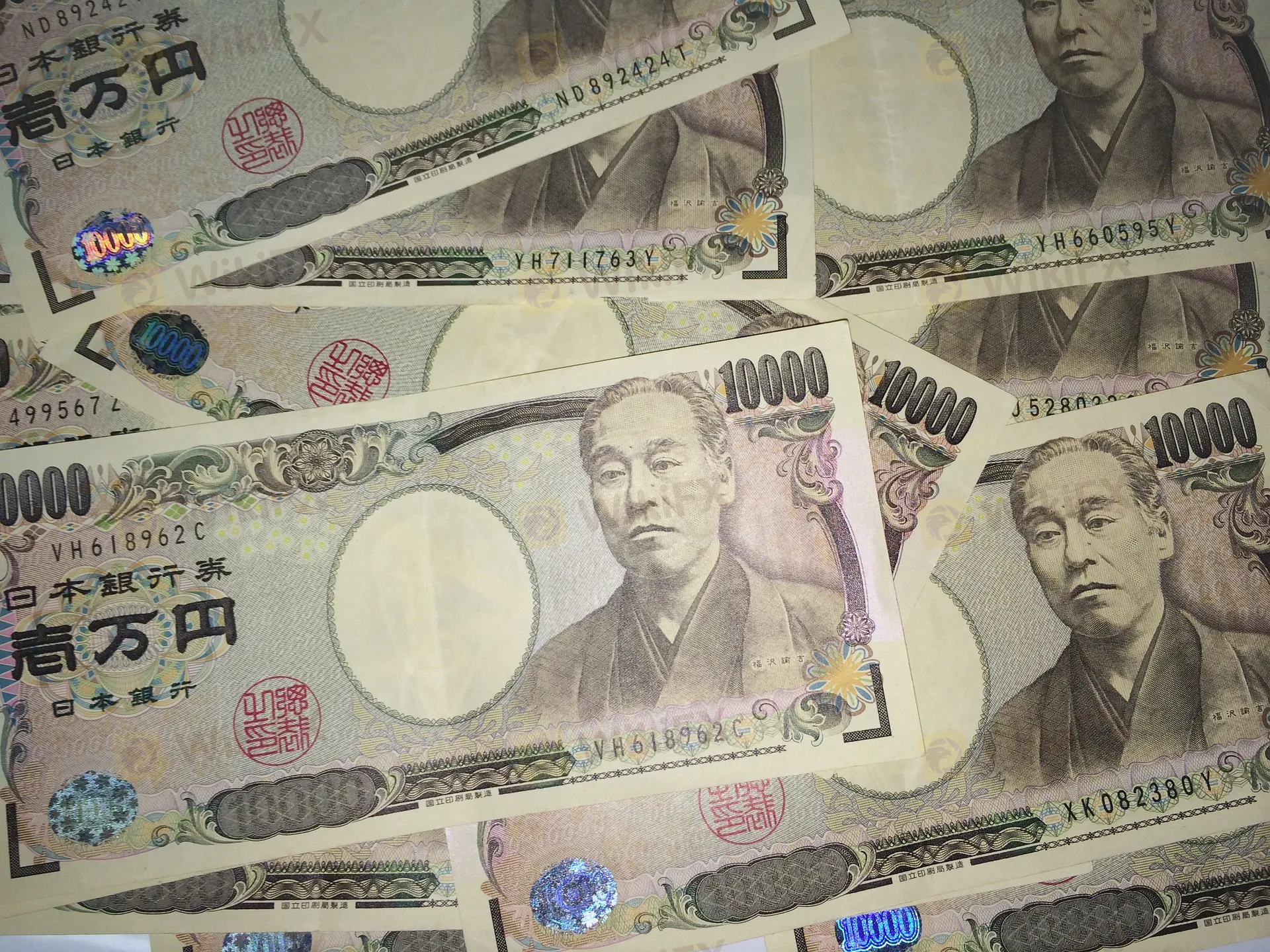Relationship Between Abe and Japanese Yen from wisepowder's blog
Relationship Between Abe and Japanese Yen
Shinzo Abe, the
longest-serving Japanese Prime Minister in history, has suddenly
resigned on August 28, citing health reasons. He will remain in his post
until a successor is chosen. Mr Abe said he would still participate in
the parliamentary vote and would not completely withdraw from
politics.To get more news about WikiFX, you can visit wikifx official website.
On September 26, 2012, Shinzo Abe was elected as the president of the
Liberal Democratic Party and won the general election later on December
26 in the year. After he became the president, the Japanese yen shrank
from the peak of 77.13, while after he became the Prime Minister, the
country‘s currency kept slipping till June, 2015 and bottomed at 125.86.
The reason is the well-known 'Abenomics', which aimed to stimulate
Japan’s exports and prevent the worsening deflation by exerting a big
depreciation in the value of the currency.

Japan‘s economy once recovered because of the Abenomics, and
investors even regained confidence amid the successful Olympic bid.
However, no one has ever expected that the outbreak of COVID-19 would
completely destroyed the Abenomics and made Abe drained and resign from
his post. After Abe announced his resignation, forex traders bought the
yen aggressively as no one could anticipated who’s his successor and
whether the following policy would be in line with Abes.
On the
other hand, Japan‘s stock markets went into a tailspin on the news of
August 28. With the unwinding of carry trade and the rising risk
aversion, the yen appeared to be strong and popular again. Under the
Japan’s uncertain political situation coupled with the continued
weakness of the U.S. dollar, the yen has the opportunity to maintain its
strength in the short term and challenge the two major resistance
levels of 104.19 and 101.48.

The Wall